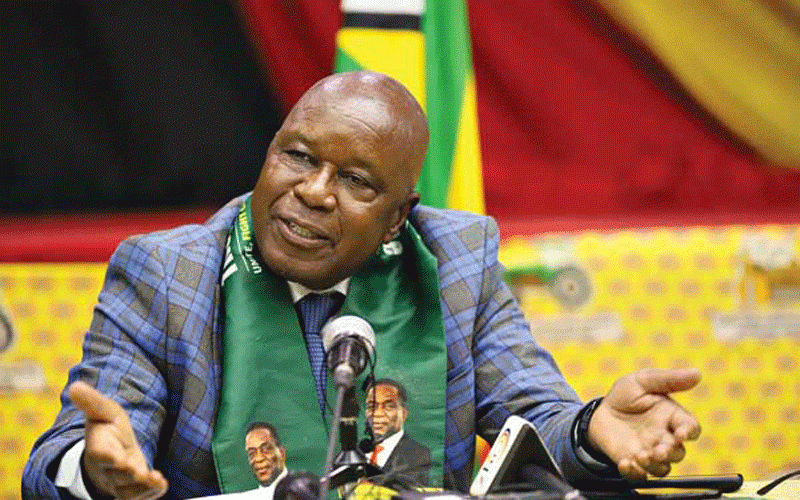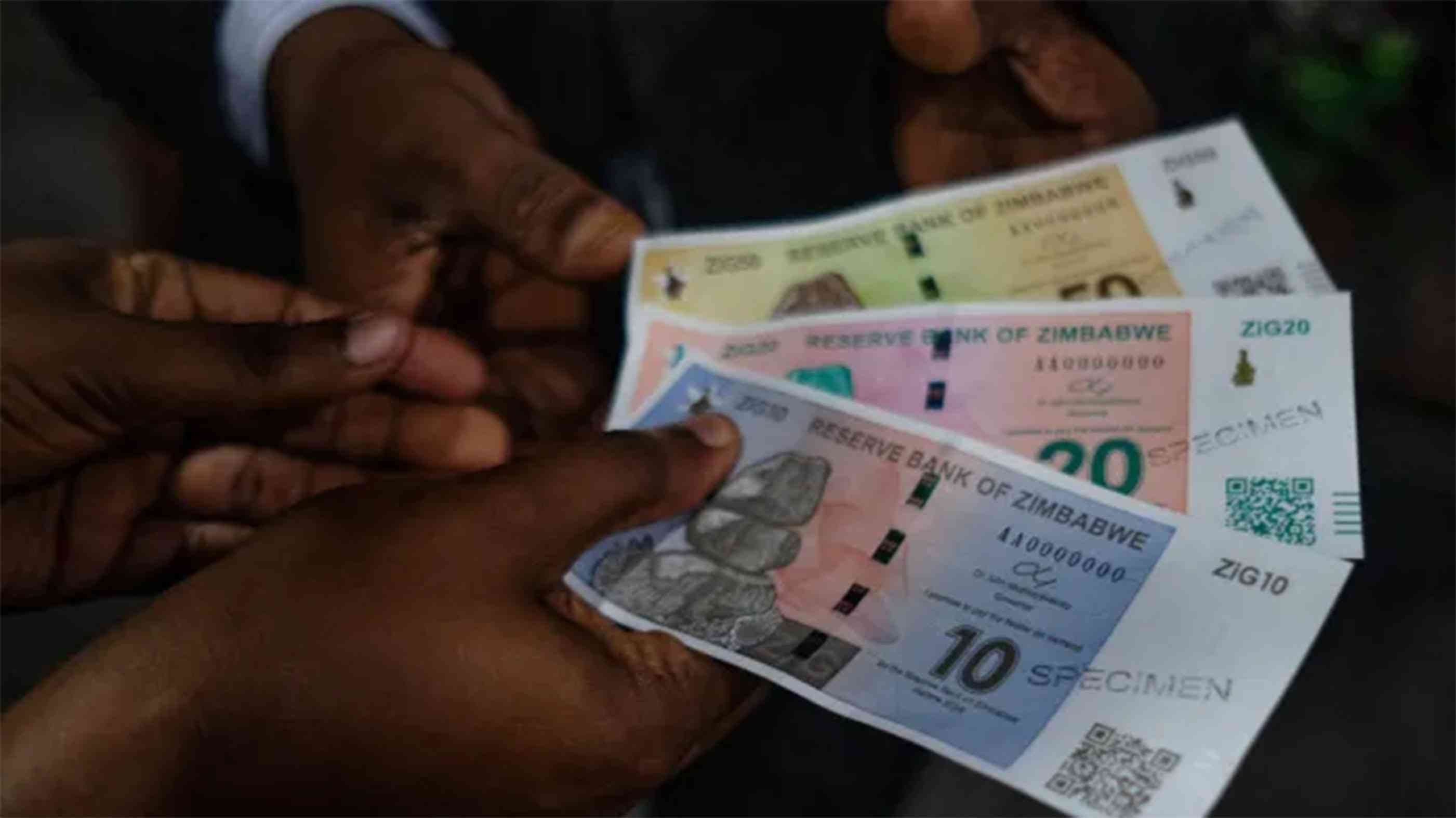
SINCE independence in 1980, Zimbabwe has held numerous elections, with varying degrees of credibility and integrity. The most recent election in 2018 has been subject to controversy and criticism, with some alleging electoral irregularities and manipulation.
The credibility of Zimbabwe's electoral system has significant implications for democracy in Zimbabwe and raises questions about the country's future prospects for democratic development.
Context
There are several factors to consider when evaluating Zimbabwe's electoral integrity. Firstly, voter registration has been an issue in the past, with accusations of voter suppression and widespread irregularities, including voter intimidation.
Despite attempts to update and reform the voter registration process, there are still concerns about the accuracy and transparency of the voters roll.
As I write the Zimbabwe Electoral Commission (Zec) hasnot released the voters roll and this makes it hard to confidently uphold their regard for transparency.
Secondly, the process of conducting elections has been a source of controversy, with allegations of vote-rigging, ballot-box stuffing, and intimidation of opposition party agents.
In 2018, international election observers criticised the lack of transparency in the vote-counting process, as well as the use of state resources by the ruling party.
- RG's Office frustrating urban voters: CCC
- Fast-track delimitation, Zec urged
- 'Political parties must not be registered'
- Zec to address nomination fees outcry
Keep Reading
Thirdly, the independence of the Zimbabwe Electoral Commission (Zec) has been questioned, with allegations that the commission is biased towards the ruling party.
The appointment of Zec officials by the ruling party has further eroded confidence in the electoral process and undermines the commission's ability to act as an impartial body. Broadly the question of independent institutions has been very topical in Zimbabwe as may decry state capture and the security services intrusion into politics.
In 2022, the former vice-president’s daughter Abigail Ambrose was appointed and sworn in as Zec commissioner after a seemingly very poor performance in the interview and her getting the job characteristically pointed to nepotism and raised concerns about the possible intent to capture the electoral management body, which is another reason to subtract confidence in Zec as an electoral management body.
The impacts
The implications of electoral integrity in Zimbabwe are significant.
Firstly, there is the risk of political instability and violence if a significant proportion of the population feels that the election results have been rigged.
This instability can damage the economy and deter investment and economic growth. Secondly, a lack of credible electoral processes can lead to a loss of trust and confidence in democratic institutions, leading to disillusionment and disengagement from the political process.
Additionally, it can result in a lack of representation for marginalised groups and foster an environment of political patronage and cronyism.
Thirdly, there is the potential for external actors such as the international community and donor organisations to withhold aid and support in response to electoral irregularities, further exacerbating the economic and political situation.
Way forward
The way forward for Zimbabwe requires action on several fronts. First, there is a need to ensure that electoral processes are transparent, credible, and free from political manipulation.
This includes a comprehensive system for voter registration, improved monitoring of the voting process, and greater independence and impartiality of the Zimbabwe Electoral Commission.
Secondly, there is a need for broader democratic reform, including the strengthening of democratic institutions, the promotion of civil society, and the protection of free speech and press freedom.
This can create space for opposition parties and other groups to participate in the political process while improving democratic accountability.
In conclusion, the credibility of Zimbabwe's electoral system has significant implications for democracy and the country's future development.
Addressing challenges, such as electoral integrity requires concerted efforts from Zimbabwean leaders, international stakeholders and civil society actors.
Effective democratic reform, supplanting the existing rigid institutions, is critical for creating a sustainable, prosperous, and equitable future for Zimbabwe.
- Kanhenga is a 25-year -old public intellectual and leader of the Zimbabwe human rights monitor platform.











